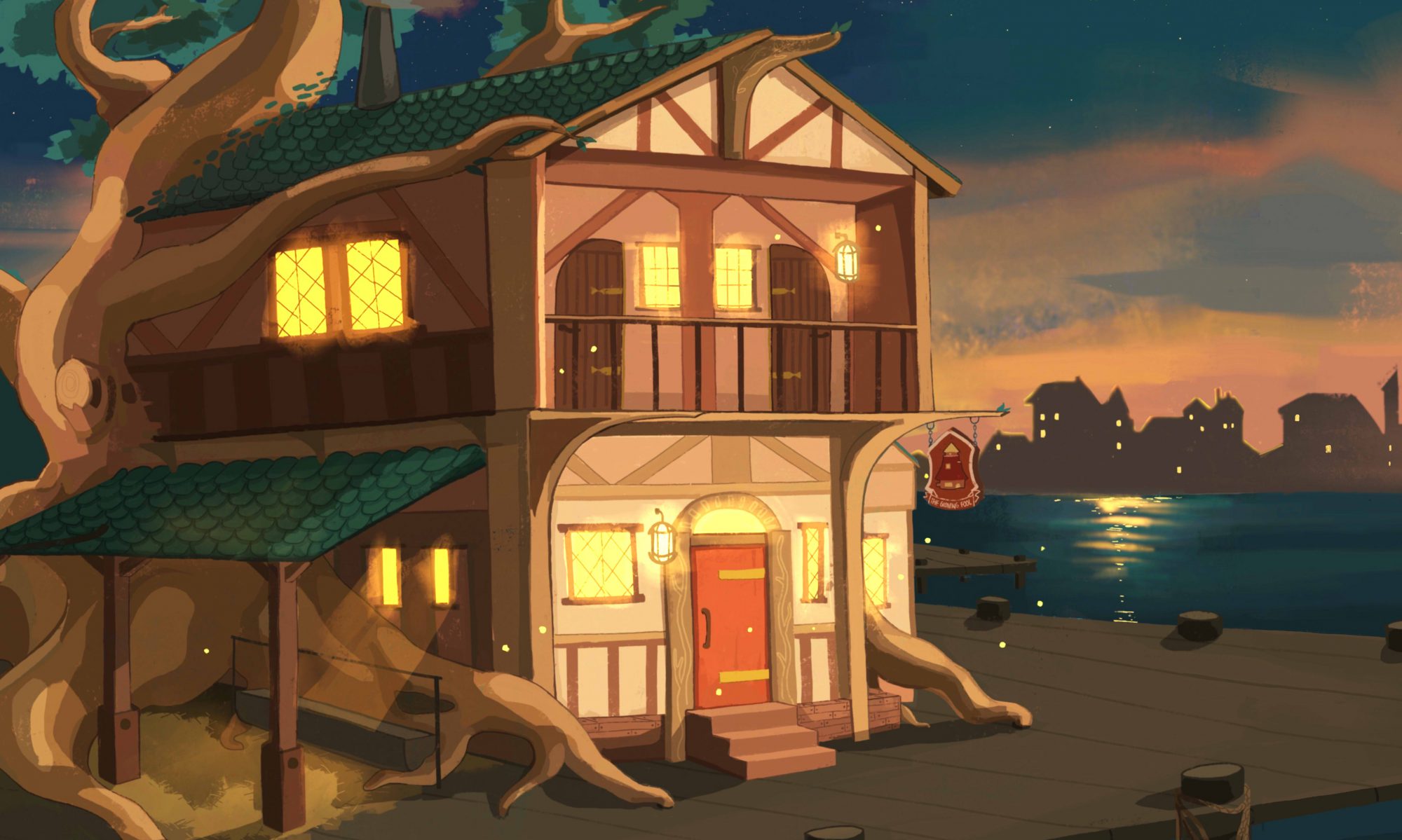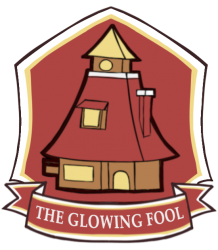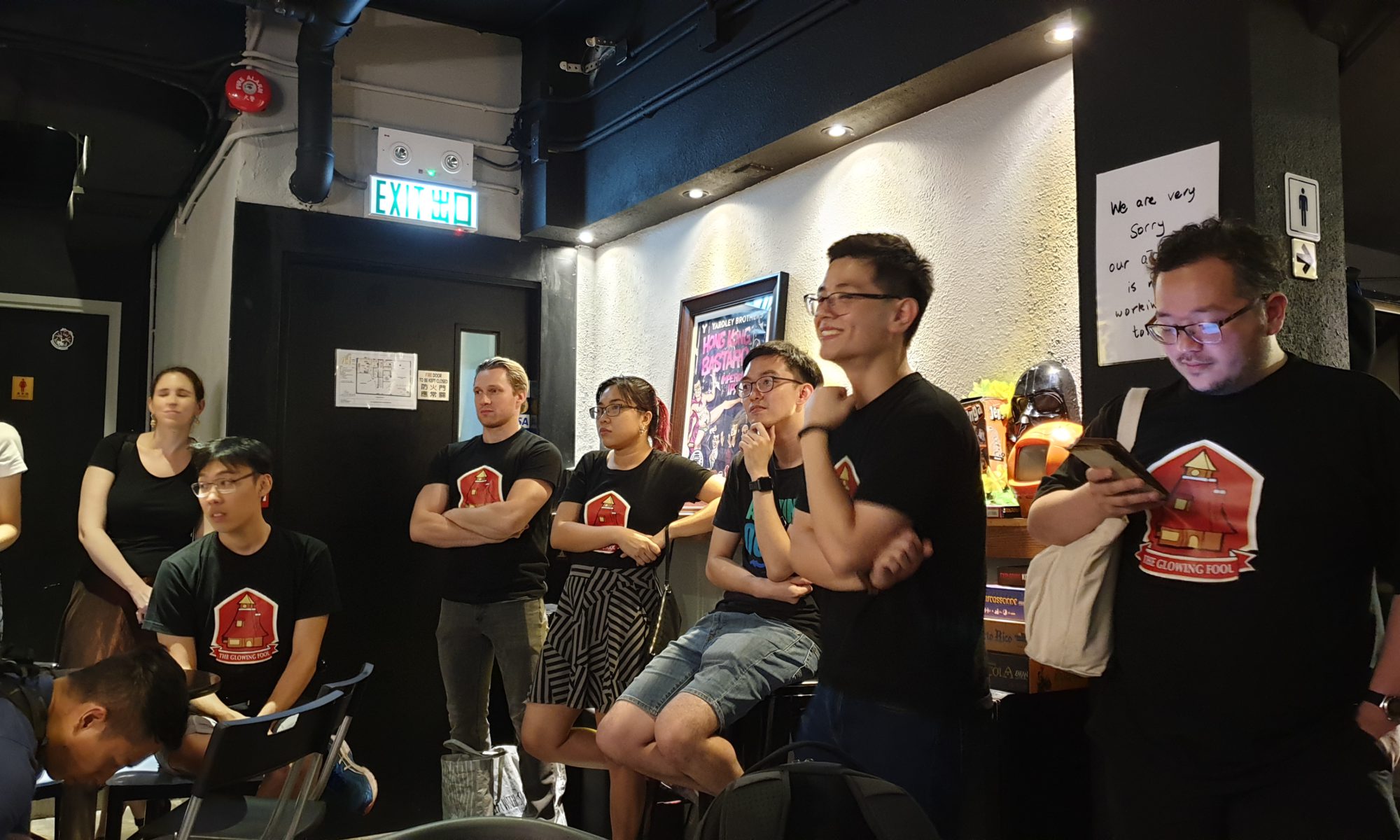I’ve been playing Dungeons and Dragons (D&D) for more than five years. Among those years, I’ve only been a player a handful of times, I’ve always been DMing for groups and am still DMing for groups until now! During these years I have hosted One-Shots, Adventure Modules and Campaigns galore, and I’ve seen different types of players with their own quirks and fancies. Let me share my top 8 things that I, as a DM, look for in a good player.
1. A Player who is engaged in the story of the world the DM’s created.
This is always a good sight to see in a campaign, especially one with a homebrewed world that a DM has created. I find that an engaged player helps bring the group together in the story of the world and helps build a lot of opportunities for the players themselves to be part of the world and lore that I have created. Bringing more depth to the setting and also creating a more immersive environment for other players to enjoy the game. This is especially true for players that talk to their DMs during a Session 0 to create a character that could tie in with the world’s lore or stories. This helps the DM to create more engaging encounters or arcs for players to encounter and pursue, rewarding players with a fun and immersive experience for everyone.
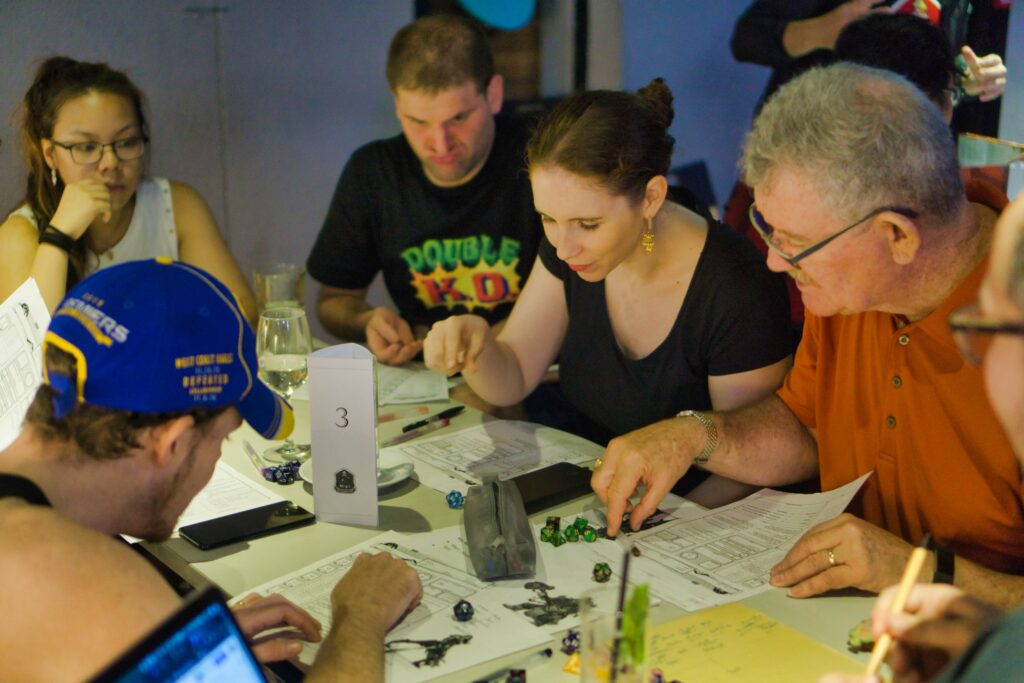
2. A Player who knows about their character and character sheet.
This is one of the things that I feel is an important aspect into having smooth sessions for DMs and Players alike. It is ok if you are new to D&D or if you’re testing out a new class that you’ve never played before. But if after Session 10 you still don’t know what spells your Wizard has prepared, or which modifier you have to add to your range attack, you really have to keep up and keep track of your character. Another situation is when a Player takes 5-10 minutes on their turn to figure out what to do, only to finally realize they can’t do what they wanted, and then take another 5 minutes to do something else. It is hard for the DM to keep track of everyone’s abilities and spells, in addition to all the information they have behind the DM screen. Players that know their characters like the back of their hands are really a big relief for DMs.
3. A Player who is clear about their character’s intentions.
This happens quite a lot with my groups, especially when it comes to shenanigans. But it’s important to also be clear about the intentions of your character to the DM. While deceiving other players and the DM can be considered fun at some tables, the deceiving player possibly won’t get what they want, since the DM is the final arbitrator for what can actually resolve in a game. Discuss with your DM what you want for your character, in secret from the other players if you must, and your DM will let you know how they feel about it and may tell you how they want to follow up in game to confirm your intentions.
4. A Player who shares the spotlight with other people based on their characters.
I’ve always thought of D&D as a cooperative game. You group up with other adventurers and go on quests together and get out of sticky situations together. It’s always fun to see when other players create situations or actions to set up other players to be able to do something cool or share the spotlight with them. It not only helps with building the bond between the players’ characters and the group, it also makes a good story out of game to share with friends around the table.
5. A Player who take notes.
Taking notes is one of the key factors of playing D&D. A lot of games that I run, I always have tidbits of information that characters could learn and end up being a huge deal in the long run. It’s always nice that when I mention a name, I can see the light spark up in my players’ eyes and them franticly flipping the pages of their notebook to find that I’ve revealed this information 3-4 sessions ago. This also goes with keeping track of loot or sometimes experience (XP) as well. (It also helps a lot for the DM too when they forget some details about the campaign, especially names… :P)
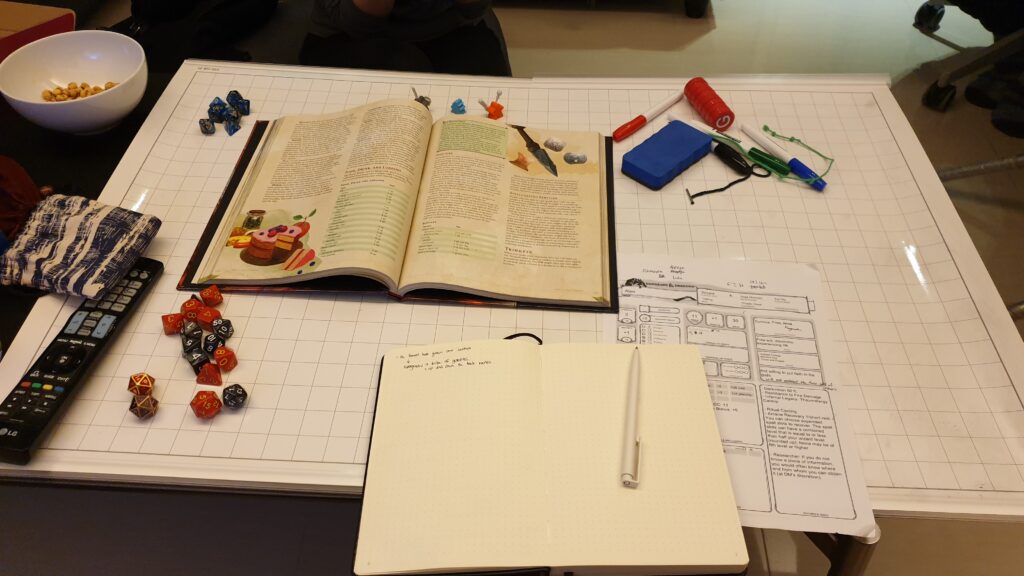
6. A Player who doesn’t hijack the table.
What do I mean by this? It’s having a Player that sidetracks the game by doing “something” just because they are bored or want to change the story. Sometimes these actions are acceptable if they don’t really hinder the game too much. My most common example of this player is one who tries to steal everything in a magic shop because the other players are trying to gather information in the library hall about their next enemy boss (big bad evil guy/gal, BBEG) and there’s not enough “action” in the game. It is hard for the DM to keep track what one Player is doing by themselves separately. And this would probably lead to some confusion and conflicts between DM and Players.
7. A Player who is able to get along with others.
I am quite lucky that in nearly all of my games, all of my players are able to get along with one another. But it is common courtesy that you have to be respectful not just to the DM, but also to the other Players that you are playing with. This helps with having a fun and respectful atmosphere to play D&D and it helps with building a safer environment for everyone to play in. Help create and foster an environment that is suitable for everyone. This isn’t just the DM’s job, but everyone’s job. Ideally you want everyone to innately or explicitly understand the boundaries of the group but also have them feel free to express themselves whenever they need to. Communication is key.

8. A Player who is committed.
This describes what I look for in players in most of my games, committed players contribute to the enjoyment of the game in the long run. Everyone has a tight schedule I’m sure, but giving the DM a bit of a heads up helps them plan out a suitable encounter/story for the remaining players. Having committed players also helps improve the bond of the group, which adds to creating a much more immersive play for everyone.
Of course there are other things that could factor in on being a good Player, but these are just the few that I find are most important. However, different DMs have different styles! It is always best to talk with your DM before the game and to talk with your other players as well!
Gus started DMing D&D 5 years ago and has been mostly DMing since. He loves the storytelling and the bond each game creates. He is also an avid fan of Star Wars and Warhammer.
